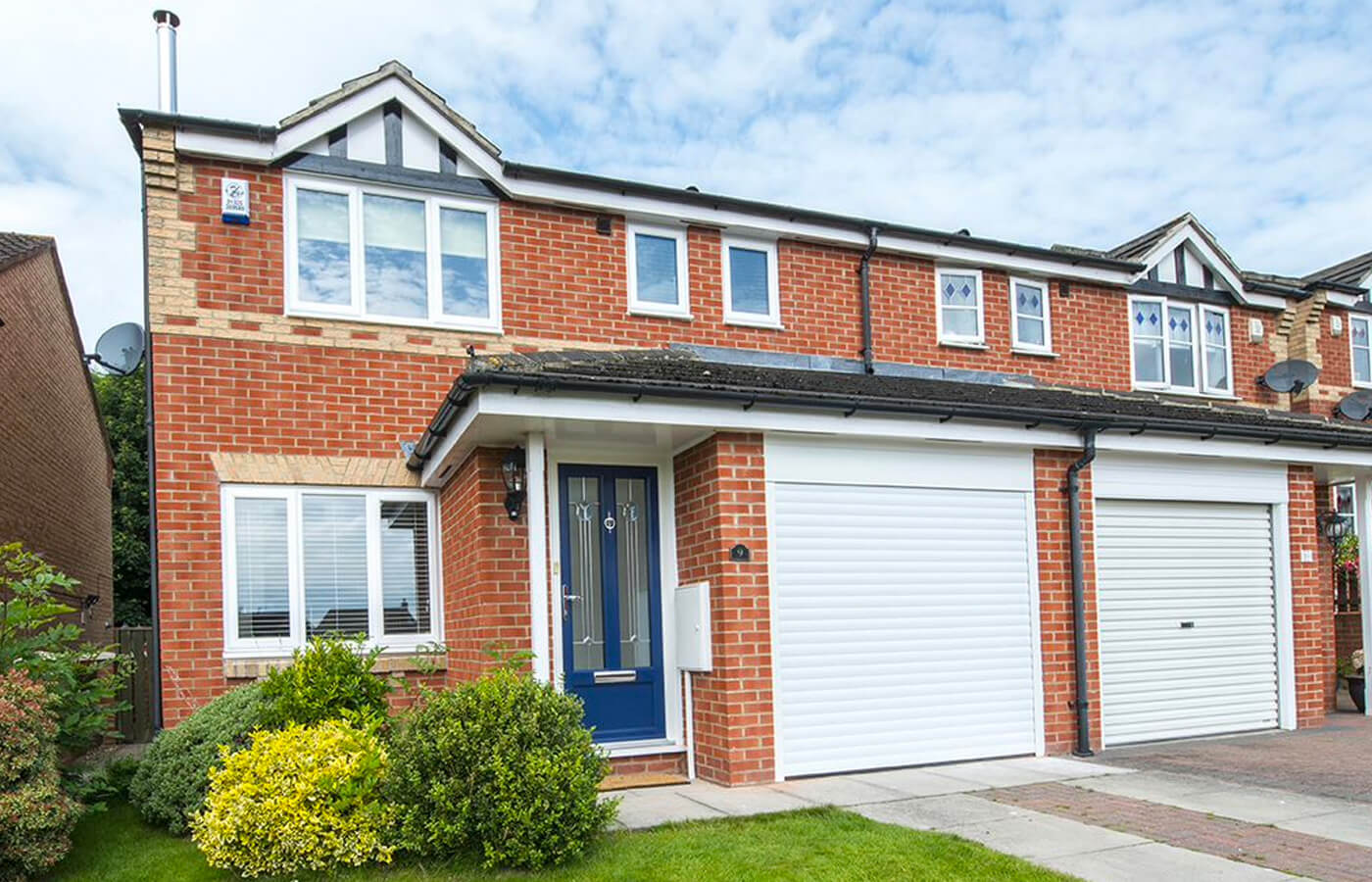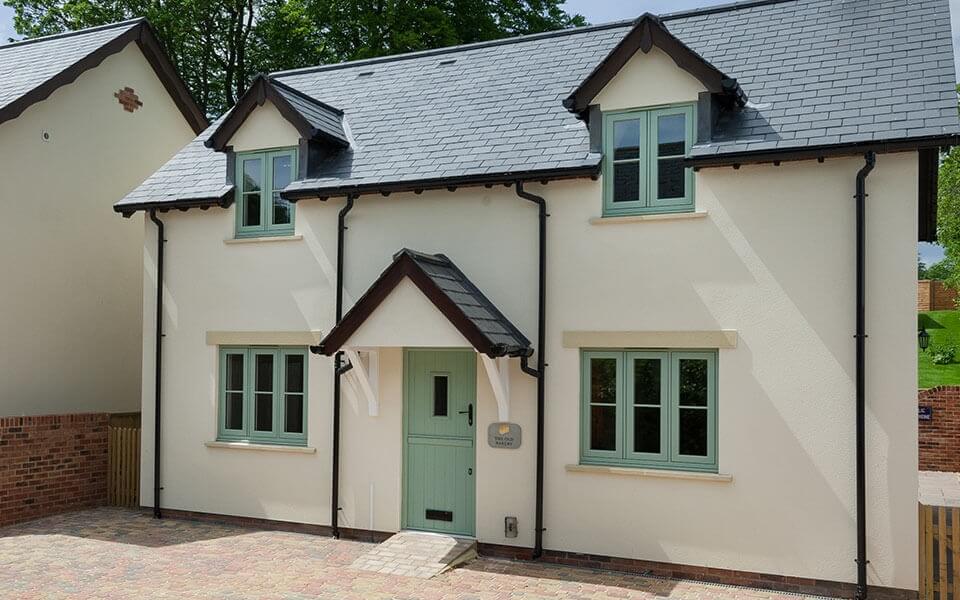
Double glazing installation is a popular home improvement that enhances energy efficiency, reduces noise pollution, and increases property value. This report provides an in-depth look at the Double Glazing (clean-pro.co.uk) installation process, its benefits, types of double glazing, and considerations for homeowners.
What is Double Glazing?
Double glazing refers to the use of two panes of glass in a window or door, separated by a layer of gas, typically argon, which acts as an insulator. This design significantly reduces heat transfer between the interior and exterior of a building, making it an effective solution for energy conservation.

Benefits of Double Glazing
- Energy Efficiency: Double glazing helps maintain a consistent indoor temperature by minimizing heat loss in winter and keeping interiors cool during summer. This leads to reduced energy bills and a lower carbon footprint.
- Noise Reduction: The air gap between the two panes of glass acts as a sound barrier, significantly reducing external noise. This is particularly beneficial for homes located in busy urban areas or near airports.
- Increased Security: Double-glazed windows are harder to break than single-pane windows, providing an additional layer of security against potential intruders.
- UV Protection: The glass used in double glazing can filter out harmful ultraviolet (UV) rays, protecting furniture and flooring from fading.
- Increased Property Value: Homes with double glazing are often more attractive to buyers, as they offer modern amenities and reduced energy costs.
Types of Double Glazing
- Standard Double Glazing: This is the most common type, featuring two panes of glass with a spacer bar that creates an air gap. It is suitable for most residential applications.
- Triple Glazing: While not strictly double glazing, triple glazing features three panes of glass and is even more energy-efficient. It is ideal for extremely cold climates.
- Low-E Glass: Low-emissivity (Low-E) glass has a special coating that reflects heat back into the room, enhancing energy efficiency. This type of glass is often used in double glazing.
- Acoustic Glass: This type of double glazing is specifically designed to reduce noise pollution and is ideal for homes in noisy environments.
- Self-Cleaning Glass: This innovative glass has a special coating that breaks down dirt and debris, allowing rainwater to wash it away. It reduces the need for regular cleaning.
The Installation Process
The installation of double glazing involves several key steps:
- Assessment and Measurement: A professional installer will assess the property and take precise measurements of the existing windows or doors. This ensures that the new double glazing fits perfectly.
- Choosing the Right Product: Homeowners can select from various styles, colors, and types of double glazing to suit their preferences and the architecture of their home.
- Preparation: Before installation, the area around the windows must be prepared. This may involve removing old windows, cleaning the frame, and making any necessary repairs.
- Installation: The new double-glazed units are carefully fitted into the window frames. This process may vary depending on the type of installation (e.g., retrofit vs. new build).
- Sealing and Finishing: Once the windows are in place, they are sealed to prevent air and water leaks. Trim and finishing touches are applied to ensure a polished look.
- Post-Installation Inspection: After installation, the installer will conduct a thorough inspection to ensure everything is functioning correctly and meets safety standards.
Considerations for Homeowners
- Cost: The cost of double glazing installation can vary widely based on factors such as the size and type of windows, the complexity of the installation, and the materials used. Homeowners should obtain multiple quotes and consider long-term savings on energy bills.
- Choosing an Installer: It is crucial to select a reputable and experienced installer. Homeowners should check reviews, ask for references, and ensure the installer is licensed and insured.
- Building Regulations: Depending on the location, there may be building regulations or permits required for double glazing installation. Homeowners should check local regulations before proceeding.
- Maintenance: While double glazing requires less maintenance than single-pane windows, homeowners should still clean the glass and check seals regularly to ensure optimal performance.
- Warranty: Most double glazing products come with a warranty, which can vary in length. Homeowners should understand the warranty terms and ensure they are covered for defects or issues.
Conclusion
Double glazing installation is a valuable investment for homeowners looking to improve their property's energy efficiency, reduce noise, and enhance security. With various types of double glazing available and a straightforward installation process, homeowners can enjoy the numerous benefits of this modern window technology. By considering factors such as cost, installer reputation, and maintenance, homeowners can make informed decisions that will lead to long-term satisfaction and comfort in their homes.








